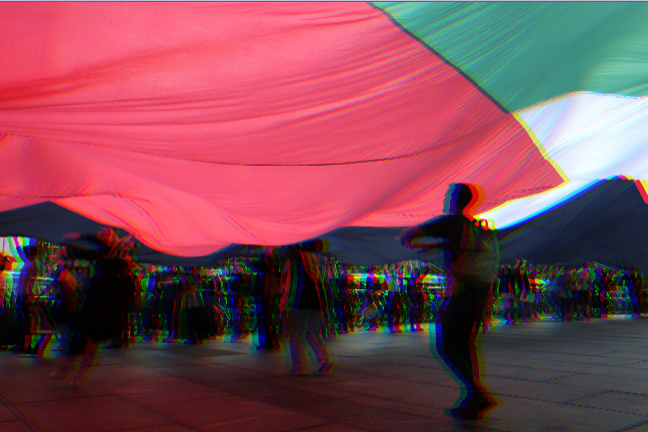Israel's UNRWA ban: Calls for global boycott, awareness to demand justice for Palestine
Israel is now taking more daring and offensive steps to ban the UN from entering Gaza as a war zone and from supporting and providing military aid to Palestine and Gaza.

SHAH ALAM - People must intensify pressure on international laws and demand accountability from Israel, along with companies that provide financial or political support to it.
Palestinian Dr Mohammed H. Alaqad, 39, who is a senior lecturer at the Management and Science University, here, emphasised the importance of this call, urging the community, especially Generation Z (Gen Z), to stand up and re-engage in boycotting all companies backing Israel.
Speaking out against Israel's recent move approving two controversial bills to ban the United Nations Relief and Works Agency for Palestine Refugees (UNRWA) from operating in Israeli-controlled areas, Alaqad said these actions served as a wake-up call for the world to take a definitive stance on justice for Palestinians.
"This could be a pivotal turning point for the United Nations (UN) and the international community.
"It especially signals to the International Criminal Court the need to take severe action against Israel, as Israel is now taking more daring and offensive steps to ban the UN from entering Gaza as a war zone and from supporting and providing military aid to Palestine and Gaza," he said when contacted.
He said the ban not only obstructed essential humanitarian efforts but could also drive millions of Palestinians in Gaza into even deeper hardship as the region heavily relied on UNRWA for critical services like education, healthcare and emergency aid.
Alaqad elaborated on the broader implications of Israel’s stance, pointing to its potential as a turning point in the global response to Palestinian issues.
He said this could be the shift that compelled the UN and international criminal law bodies to take severe action against Israel.
When the world witnessed these offences, it became undeniable who was upholding international law and who was disregarding it, he added.
The academic further noted a growing wave of international support for Palestine, observing that awareness was now spreading to the Western world, where pro-Palestinian sentiments were resonating with younger generations.
"Even in the United States, the pro-Palestinian stance is gaining traction, with around 85 per cent of Gen Z standing in solidarity with Palestine.
"This is a powerful movement that could help accelerate efforts to liberate Palestine and challenge longstanding injustices," he added.
Alaqad advocated for a reactivation of boycotts targeting companies that continued to support Israel, urging people worldwide to be mindful of where they directed their financial power to.
He also suggested that awareness campaigns were crucial to strengthen this cause, particularly in Southeast Asia, where he believed many young people may still be underinformed about the ongoing humanitarian crisis in Gaza.
"In some Asean countries, unfortunately, most of Gen Z is still unaware and does not fully understand the current situation, including who the oppressor is and who is responsible for the ongoing genocide in Gaza.
"Therefore, we need awareness campaigns to inform Gen Z across Southeast Asia, encouraging greater support for Palestine and its liberation," he said.
It was reported that the legislation passed on Monday was set to take effect in 90 days and lead to the closure of UNRWA’s premises in the occupied Palestinian territory the West Bank, including occupied East Jerusalem and Gaza.
This, would effectively paralyse the agency’s ability to fulfil its mandate set out by the UN General Assembly in 1949.
The first law, banning UNRWA from conducting "any activity" or providing any service in the areas under Israel’s control passed 92-10 while the second legislation which declared the agency a "terror" group and banned Israeli officials from any contact with the agency, passed 87-9.










